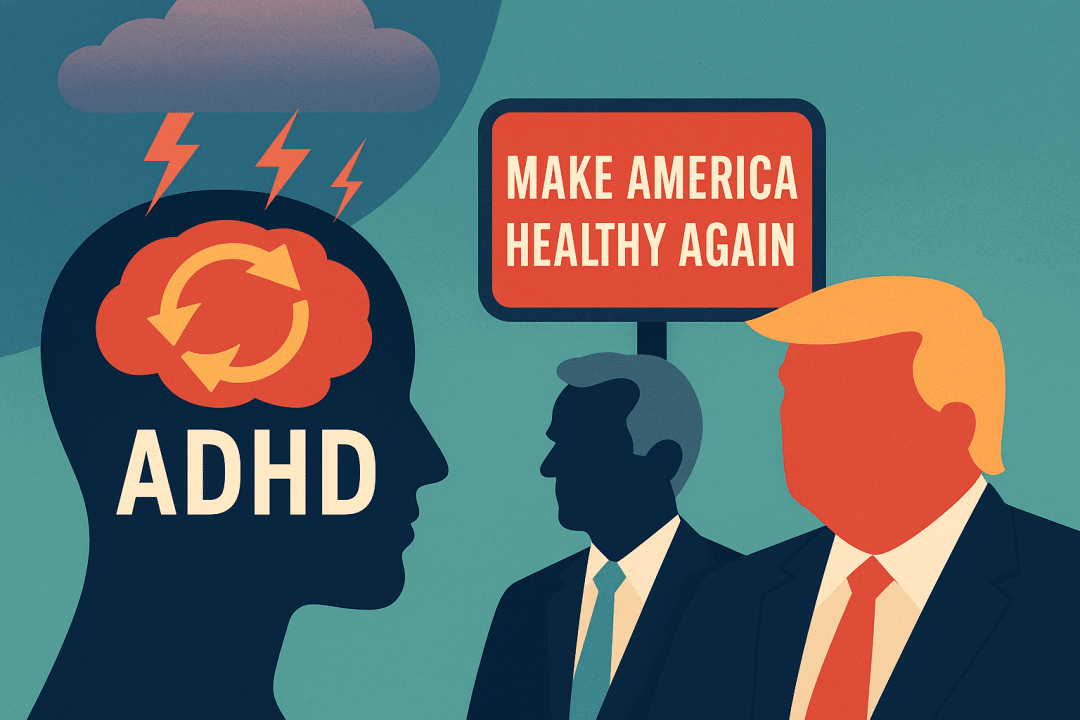
The Society for ADHD and Co-Occurring Conditions is condemning the newly released “Make America Healthy Again” (MAHA) report, calling it “dangerous, misleading, and ideologically driven.” The report, published May 22 by Health and Human Services Secretary Robert F. Kennedy Jr., has drawn sharp criticism for its treatment of ADHD and related conditions.
Tanya Murphy, President and CEO of the Society, responded with a scathing op-ed titled Why the MAHA Report Is a Threat to Science, Health Equity, and Every Family Seeking Answers. In it, she accuses the Trump administration and RFK Jr. of pushing an anti-science agenda that undermines decades of medical research.
“Let me be clear: this is not a public health plan,” Murphy wrote. “It is a dangerous attempt to undermine decades of scientific research, vilify medical professionals, and stigmatize millions of Americans—especially those living with ADHD.”
Key criticisms of the MAHA report
The Society highlighted several issues with the MAHA report’s ADHD content:
- Promotes debunked myths blaming ADHD on poor parenting or lifestyle choices.
- Dismisses proven medications as overprescribed and ineffective, contrary to peer-reviewed research.
- Minimizes adult ADHD, which often goes undiagnosed in women and people of color.
- Lacks medical review, with no physicians, researchers, or community voices involved in its creation.
Murphy says the report’s approach “stigmatizes rather than supports” the ADHD community and disregards clinical evidence.
A call for congressional oversight
In response, the Society is urging Congress to form a bipartisan, science-based task force to reevaluate federal ADHD policy. The proposed task force would include:
- Physicians
- Clinical researchers
- Mental health professionals
- Individuals with lived experience
Their goal: to ensure that future public health policy is rooted in evidence and inclusive of marginalized voices.
Who is behind the Society for ADHD?
The Society for ADHD and Co-Occurring Conditions is a national nonprofit focused on evidence-based care, stigma reduction, and equitable access. Its leadership includes clinicians, advocates, and experts dedicated to improving outcomes for people with ADHD, especially those in underserved communities.
Diagnosed later in life with ADHD and raising neurodivergent children, Murphy brings both professional and personal experience to her role.
“To RFK Jr. and the administration officials who allowed this report to be released under the banner of public health,” she said, “the ADHD community is watching. And we will not let you rewrite our reality.”
What happens next?
The Society plans to mobilize grassroots support and pressure lawmakers to reject the MAHA report’s findings. Advocacy efforts will focus on protecting ADHD patients from misinformation and promoting policies grounded in science and compassion.
For more information, visit The Society for ADHD and Co-Occurring Conditions.

